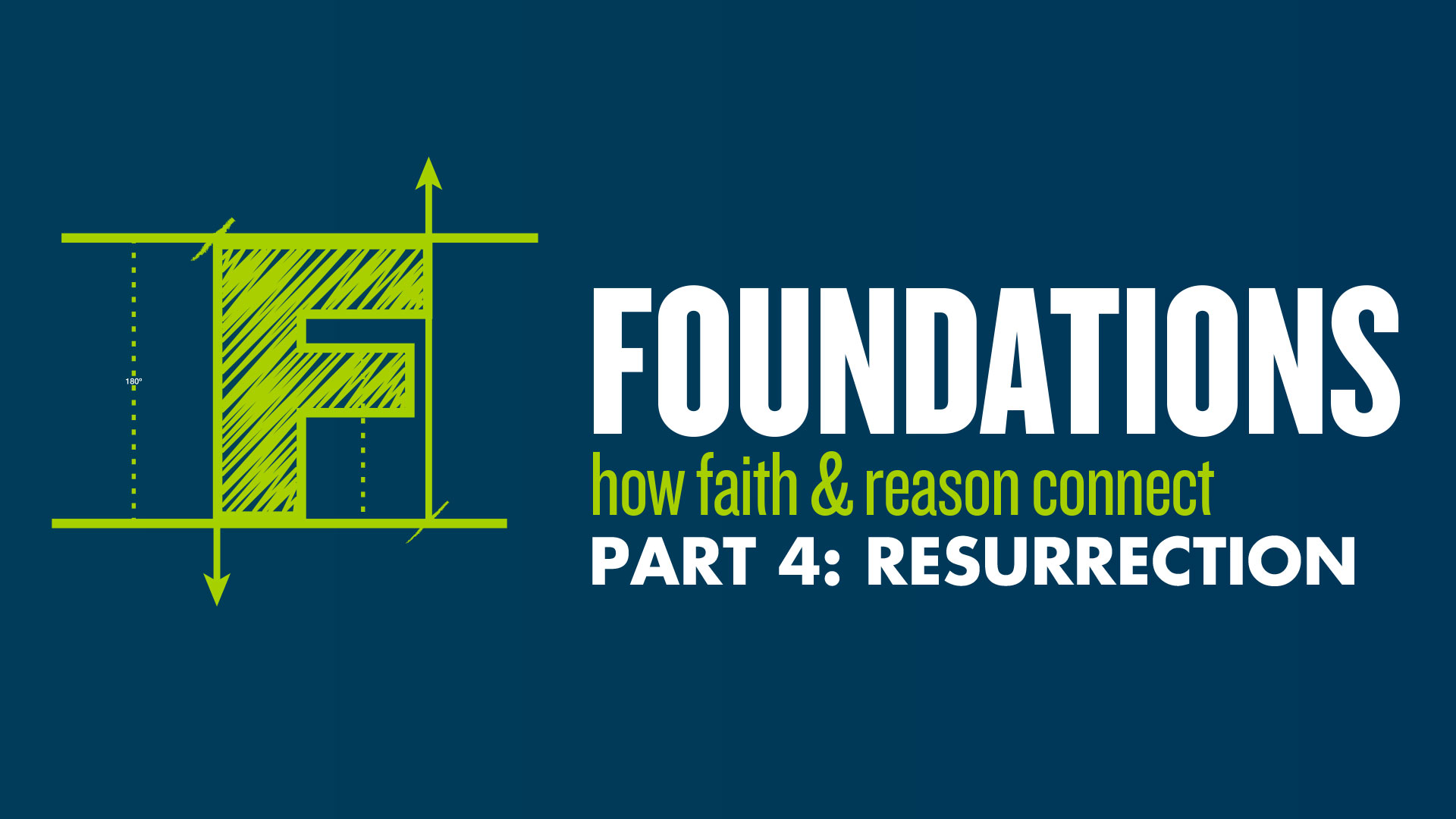Read Part 1: The Creator Conflict
Read Part 2: Backing Up The Bible
Christmas and Easter – the two major “go to church” holidays. I think it’s probably a safe bet that with Christmas, the actual meaning, the celebration of the birth of Jesus, is widely agreed upon as an historical event, even if not incorporated into everyone’s celebration. The details behind Easter are not as universally accepted.
We can set aside the chickens and the bunnies and the Cadbury eggs altogether, even within the Church, the regular and committed attendees will disagree about what really happened 2000 years ago on a Sunday morning.
Part of the issue here is a generational shift. The students we are ministering to have grown up in a culture highly encouraging of individuality in opinion and expression, regardless of having any evidence to back it up. How many times have you heard a student say, “I feel like…,” and then complete the sentence with their opinion while disregarding the need for any factual basis?
Another aspect of this generation is their desire to find common ground where everyone can get along while respecting a variety of opinions. In itself, this is an admirable goal. After all, as Christians we are called to love our enemy as well as our neighbor. In areas of disconnect this should lead us to be able to agree to disagree in an agreeable way, but in my experience we are more likely to water down our own belief to a level acceptable to the person on the other side of the table.
Paradoxically, another big influencer in the culture at large is the idea that if an action is not scientifically reasonable then there is no possibility it can happen. None. No discussion necessary. So in our review of Easter, the argument becomes: miracles are not scientifically possible, therefore the resurrection is not a historical event.
So on the one side, young people are encouraged to believe really, whatever they want (so long as it’s not so one-sided that it might offend anyone), ignoring any substantive reasoning, while at the same time “logically” ruling out any belief outside of man’s scientific parameters. When you think about it, it is a truly brilliant strategy to discount any belief in a literal, risen Jesus.
So where does that leave us?
Fortunately we have quite a few options to choose from. There are those who still argue that Jesus never actually died in the first place. Or perhaps the disciples did pull off a grand conspiracy after all. On the other hand, maybe Jesus’ ghost was making the rounds. No wait, I know, let’s take the philosophical approach and just call it all a metaphor, that will impress everyone.
But what if it’s not about what I feel or what you feel? What if, perhaps, God isn’t limited by all of our narrow little rules? What if we should just be helping our students to think through the arguments to find the truth?
For many, Easter is just another family function and Christianity just another point of view. Let’s train our students to see the uniqueness of both in the light of the resurrection.
Michelle Rewa
NTS Foundations Teacher
Guest Blogger
© 2015, Never The Same

